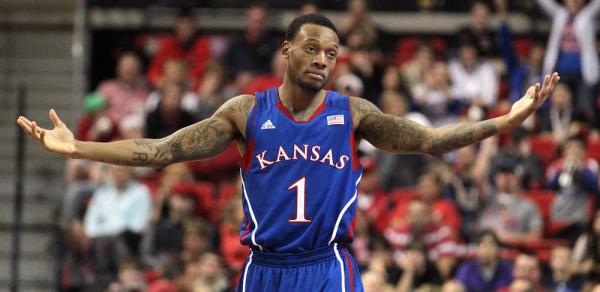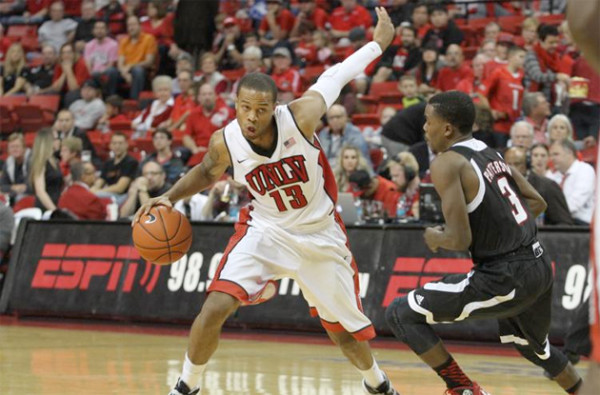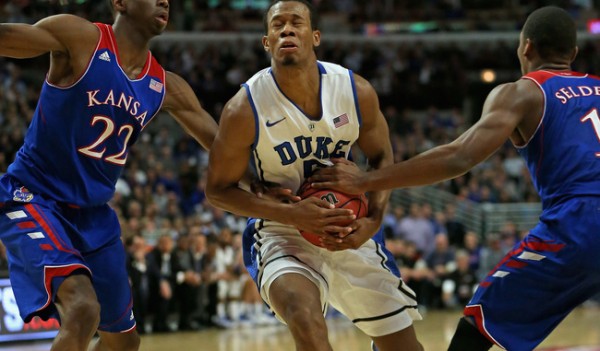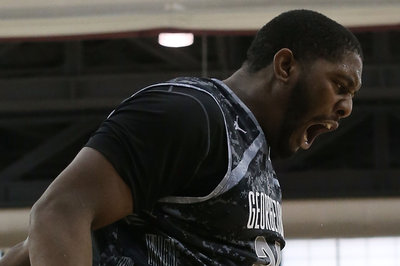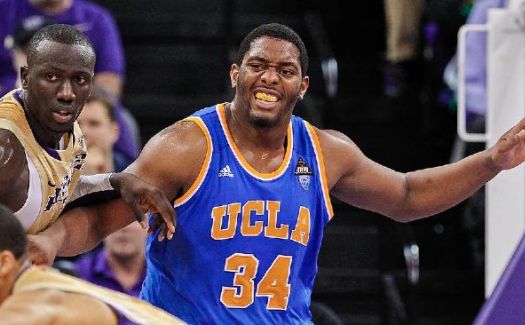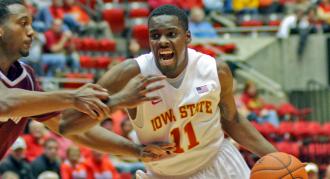Posted by Brian Otskey on January 8th, 2014
Each week throughout the season, RTC columnist Brian Otskey (@botskey) will run down his observations from the previous week of college basketball.
Baylor Fails To Live Up To The Hype
When I saw the national polls come out this week I was stunned to see Baylor ranked No. 7. Yes, the Bears were 12-1 heading into last night’s Big 12 opener at Iowa State, but I was surprised more pollsters were not able to see through their smoke and mirrors. I rated Baylor No. 19 in the latest RTC Top 25 and thought it was generous given its resume. Of the team’s 12 wins, just three have been quality: Two came in Dallas against Colorado and Kentucky (certainly very fine wins) and one in Maui against Dayton. In other words, Baylor had yet to beat a great team away from home and last night’s game was actually its first true road contest of the season. Scott Drew’s team didn’t exactly validate its lofty ranking after being torched in the second half at Hilton Coliseum last night. BU’s interior defense, normally a strength, was horrendous against the Cyclones, particularly in transition. It almost seems as if Baylor was unprepared for Iowa State’s up-tempo style of basketball. Baylor is not a bad team by any stretch but there just isn’t enough consistency from game to game to warrant such a high ranking. The Bears do a lot of things well and a handful of things poorly. That keeps their ceiling low, despite a ton of talent on the roster.
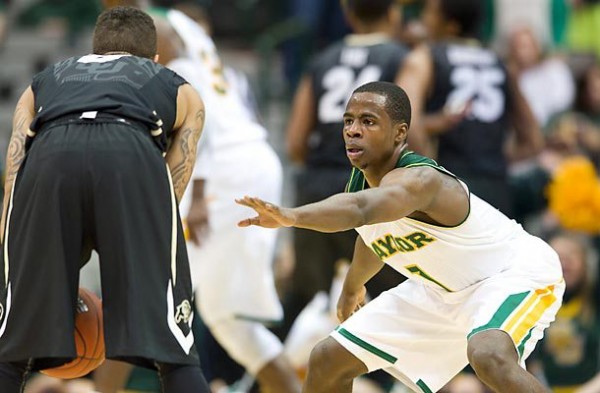
Kenny Chery and Baylor have some shortcomings to address
Iowa State is For Real, But Just How Good are the Cyclones?
Speaking of Iowa State, how about the job Fred Hoiberg has done in Ames? In only his fourth year he has made his alma mater relevant in leading it to a top 10 ranking this week. The Cyclones are legitimate and DeAndre Kane is a big reason why. The Marshall transfer is making the most of his one year in Ames as one of the country’s best all-around players. After a season-high 30 points against Baylor last night, Kane seems to be getting even better. Hoiberg really can’t ask for much more from a senior who can run the team, rebound and score efficiently. Iowa State is obviously terrific at home but I would like to see this team perform on the road against better competition before I fully buy in. Don’t get me wrong, the Cyclones are a sure fire top 20 team in my view. However, their toughest road test to date was against a 9-7 BYU team in Provo. With five of their next nine games on the road, the Cyclones will be challenged in a big way against the likes of Kansas and Oklahoma State, as well as upstarts Texas and Oklahoma. While I believe Iowa State is very good, we will know a heck of a lot more about it when the calendar flips to February.
Read the rest of this entry »
| otskeys observations, Regular Features
| Tagged: aaron craft, baylor, DeAndre Kane, feature, fred hoiberg, iowa state, laquinton ross, lenzelle smith jr., Marc Loving, michigan state, ncaa, ohio state, scott drew, thad matta, tom izzo, transfers
Share this story






























